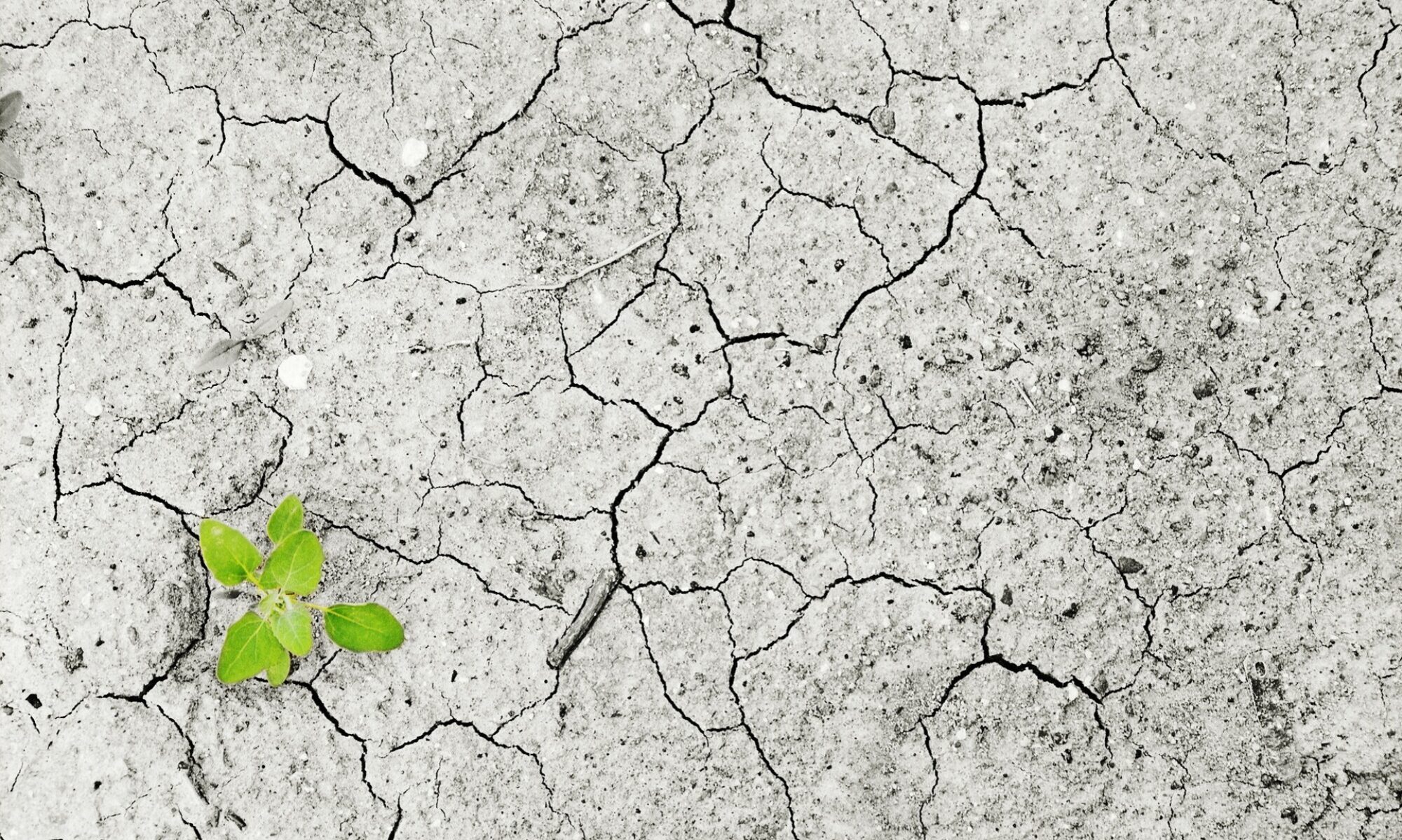28 September 2022 – Darina Kalamova
In 2022, Pakistan suffered unprecedented floods, brought on by a severe heatwave, followed by heavier-than-normal rains. According to recent data, the record rainfall was five times the 30-year average.
Homes, roads, railways, livestock, and crops were lost and thousands of schools and healthcare facilities were destroyed. Southern Sindh, the most affected region, is still in a critical situation, with many areas still submerged.
International Response
In September 2022 the United Nations Secretary-General, Antonio Guterres, visited Pakistan. During a press conference, he called for global financial support for the country and tougher action on climate change.
Pakistan is experiencing the worst effects of climate change although it is responsible for only around 0.6% of the world’s greenhouse gas emissions. Guterres added that the international community should acknowledge this and especially the countries with a bigger contribution to climate change.
Health Risks
The UN and humanitarian partners have delivered more than one million life-saving items, including food, clean water and healthcare essentials. In September, the UN’s Central Emergency Relief Fund announced a $7 million disbursement and the UN launched a $160 million appeal to help Pakistan deal with the floods.
According to Pakistan’s National Disaster Management Authority, the relief missions are slow, and more than half a million people are still living in makeshift camps. This is increasing the risk of diseases and health professionals are already reporting surges in dengue, malaria and severe gastric infections. For example, waterborne diseases have pushed daily patient numbers to 90,000 in Sindh as access to health services, especially in rural areas, is still very limited.
Economy
Agriculture makes up nearly a fourth of Pakistan’s gross domestic product. At least four million hectares of agricultural land have been damaged and key sources of income such as cotton and rice production are in danger of collapse.
Experts are concerned that with nearly half the country’s crops washed away, Pakistan is on the verge of a severe food crisis. This is very likely to have international implications as well. The country is the fourth-largest global rice exporter and any dramatic drop in exports will negatively affect the global food market.



